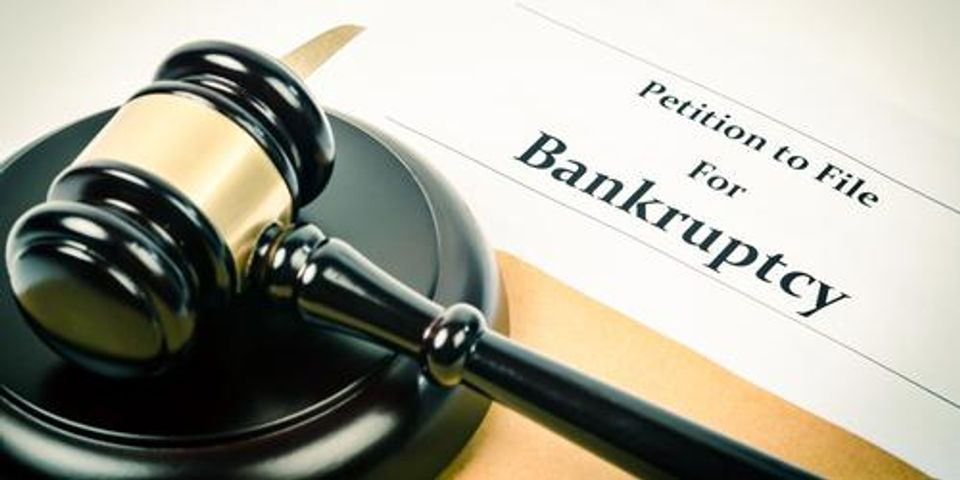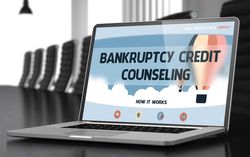
Declaring bankruptcy is not an easy decision to make. However, in many cases, it provides the best solution for achieving debt relief. If you’ve decided this is the right step for you, it’s imperative to know how to handle the filing process. To ensure you’re on the right path toward eliminating any financial burdens, keep the following do’s and don’ts in mind.
Do:
Seek Legal Advice
Hiring a bankruptcy attorney is one of the most important steps you can take when trying to regain financial freedom. This is a stressful time that can be made even more complicated by the complex regulations involved with petitioning for bankruptcy. A professional lawyer will help you navigate all the paperwork and filing requirements, as well as address any issues that may arise with your creditors.
Keep Track of Financial Documents
Any documents that detail your income, debts, expenses, and assets will play an integral part in the filing process. As such, have all financial records organized and on-hand, so you can present them as needed. This includes tax returns, bank statements, insurance policies, pay stubs, and proof of ownership of any valuable assets.
Attend Credit Counseling
 Before the bankruptcy case can move forward, you must attend a state-approved credit counseling session. During this course, your finances will be carefully evaluated to ensure bankruptcy is the most suitable option for your circumstances. Failure to meet the credit counseling requirement can result in a dismissal of the case.
Before the bankruptcy case can move forward, you must attend a state-approved credit counseling session. During this course, your finances will be carefully evaluated to ensure bankruptcy is the most suitable option for your circumstances. Failure to meet the credit counseling requirement can result in a dismissal of the case.
Don’t:
Acquire More Debt
Acquiring more debt through credit cards or payday loans shortly before declaring bankruptcy can look suspicious to the court. These charges won’t be eligible for discharge, and they may even cause the entire case to be denied if the court believes you’re acting in bad faith.
Attempt to Hide Assets
Hiding assets to protect them from being seized in a bankruptcy is illegal. This would be considered fraudulent activity, and it can carry harsh penalties. There are legal ways to safeguard assets, so consult your attorney about your options.
Borrow From Your Retirement Funds
If you have an IRA or 401(k), don’t borrow these funds to pay off some of your debt. This money is exempt, which means it can’t be taken from you in a bankruptcy case. Withdrawing these funds may only make you responsible for additional tax expenses.
If you need assistance navigating the bankruptcy process, turn to Frances H. Hollinger. She has extensive experience helping the residents of Mobile, AL, file successful claims to regain financial freedom. The firm’s legal team has an established reputation for offering sound advice and effective solutions. Give them a call today at (251) 943-9030 to schedule an initial consultation, and visit their website to learn more about their services.
About the Business
Have a question? Ask the experts!
Send your question

